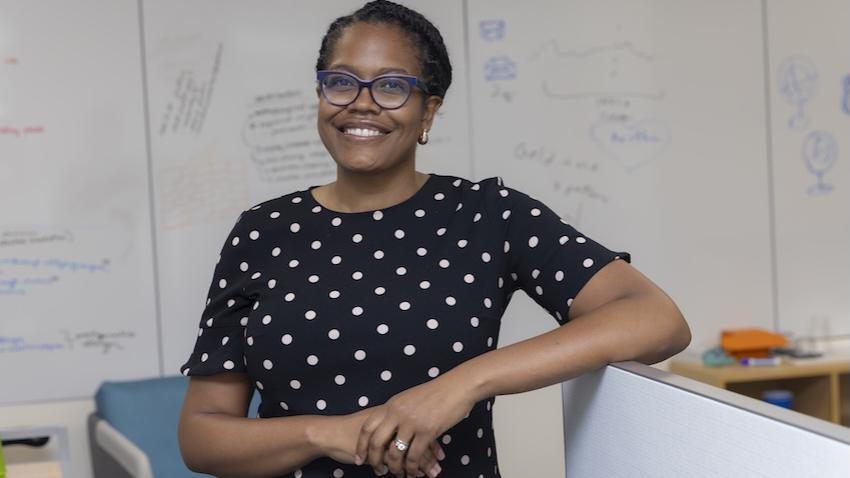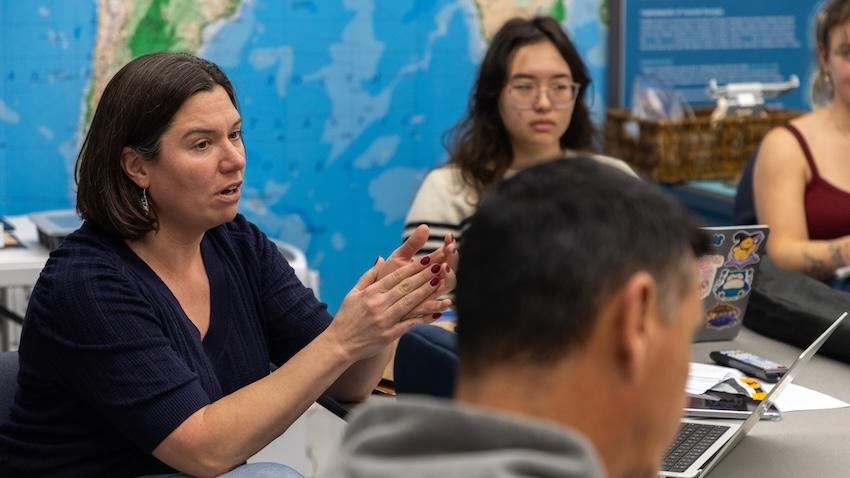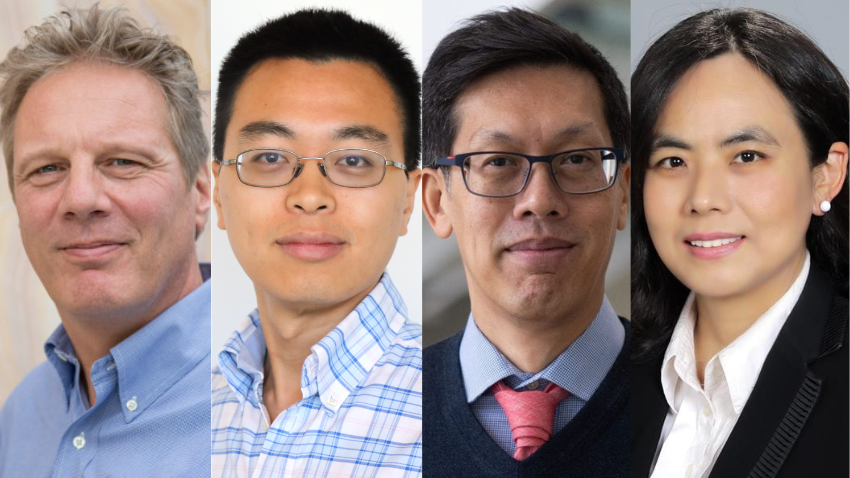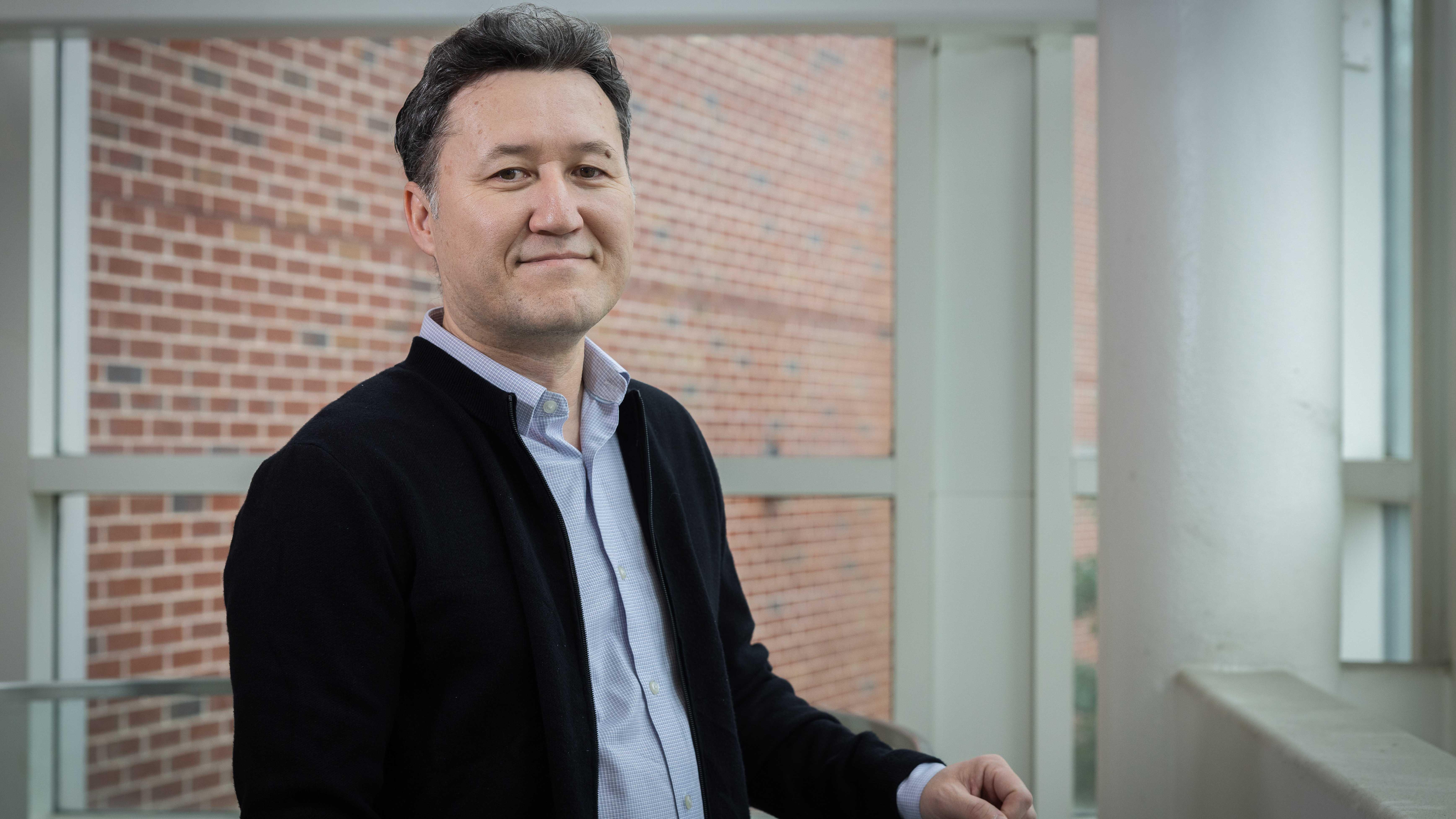
Youth Look to Transform Communities Through Civic Technologies
Young people in Atlanta and Boston will be able to lead efforts to improve their communities through new civic technologies supported by Georgia Tech, Northeastern University, and Massachusetts Institute of Technology researchers.
With the help of a $1.25 million grant from the National Science Foundation, the three institutions seek to increase youth input into policymaking and encourage youth-led community organizing.
Youth-designed civic technologies are an effective way to engage youth with their communities, said Andrea Parker, an associate professor in Georgia Tech’s School of Interactive Computing.
Examples of civic technologies are public data initiatives, citizen science projects, public issue reporting platforms, and digital voting platforms. Parker said the perspectives of young people are often neglected in the design of such technologies.
“We don’t know much about what community issues are important to youth because we haven’t asked them,” she said. “What is their vision for community well-being, and what do they want to address through civic technology?”
Parker is the lead principal investigator (PI) on the project that will engage youth from low socio-economic communities in Atlanta and Boston. She said the youth will decide what technologies will be created, but they could include a mobile app or a publicly accessible platform.
“We’re interested in studying how technologies can help youth become more civically engaged in their communities and build social connection, trust, and belonging amongst neighbors,” she said.
“Youth in lower-income neighborhoods face increased threats to their mental health. Socially cohesive communities can counteract those barriers and are essential for youth well-being.”
Parker added that impoverished communities often have less social cohesion compare to wealthier areas. Higher-income neighborhoods often have more access to resources that support social cohesion and civic engagement.
Backed by Data
Brooke Foucault Welles, co-PI, professor, and interim dean at Northeastern’s College of Media, Arts and Design, said she’s interested in seeing which issues the youths from both Atlanta and Boston will address through their design process. Studying and working with youth across these geographic settings will help the team identify how civic technology can best support youth in varied neighborhood contexts.
The project will also advance data literacy among young people as they collect and study data to support the new technologies. Welles said data-centered advocacy increases young people’s chances of being heard by elder community members.
“Empowering young people to use data when they’re making their arguments about what matters to them and to their communities is the point of this project,” she said. “It makes their arguments more compelling if they can present data to the adult members of their communities about what’s going on.”
The project’s reach could expand beyond Atlanta and Boston.
Once the technologies are designed, the researchers will package them and make them publicly available as a toolkit.
If successful, the project could drive a movement toward more collective organizing to ensure the youth perspective gets factored into community decision-making.
“They’re a vital part of our communities, and they’re the ones for whom our decisions have the biggest impact,” Welles said. “These are the times when they’re forming their own civic identities, so engaging them in civic life has long ripple effects. We create more active and thoughtful citizens when we engage young people with civic life.”
Main photo: Andrea Parker is the lead principal investigator on a $1.25 million National Science Foundation grant that will empower youth to lead community transformation in Atlanta and Boston. Photo by Terence Rushin/College of Computing.


